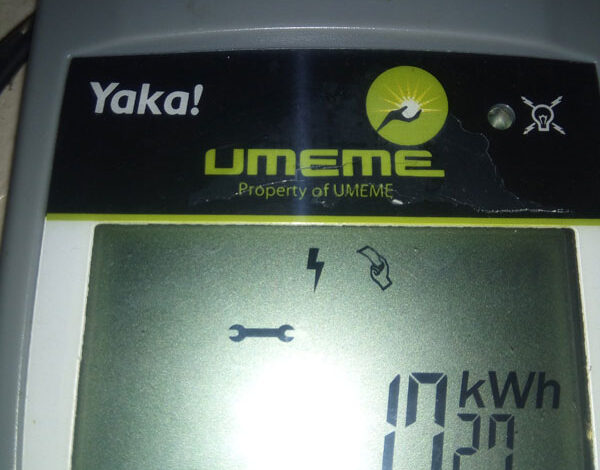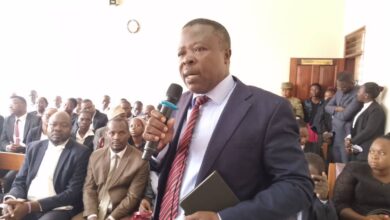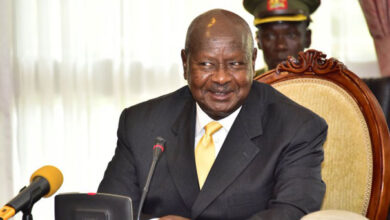Why government should not cut off-grid renewable funds in FY2024/25
The government should therefore look at increasing the funds for off-grid renewable energy because it is cheap, affordable and sustainable.

Op-Ed: In the financial year 2023/2024, the government of Uganda allocated 760.491 billion Uganda shillings to the electricity generation, transmission and distribution and 4.728 billion Uganda shillings to the renewable energy development.
Yes, strengthening the grid and transmission network is imperative but how many Ugandans are connected to the national electricity grid?
Currently, only 1.7 million Ugandan households out of the targeted 8 million households are connected to the national electricity grid. According to Uganda Bureau of Statistics, 2017, 95% of Ugandan households rely on charcoal, wood and any other forms of biomass for their cooking needs.
About 19,700 Ugandans most especially women and girls die every year from exposure to indoor air pollution because only 5% of Ugandan households rely on modern energy cooking services and technologies for their household cooking needs.
With a big number of Ugandan households still not connected to the national electricity grid, the government proposes on increasing the electricity generation, transmission and distribution initiatives from 760.491 to 827.771 billion Uganda shillings and cutting the renewable energy development funds from 4. 728 to 2.068 billion Uganda shillings in year 2024/2025 instead of investing more to the off-grid renewable energies.
The less funding to the off-grid renewable energy programmes have continued to undermine clean energy access mostly for the poor Ugandans especially women and girls. In my opinion, the proposal of increasing the electricity generation transmission and distribution initiatives will not save Ugandans from energy poverty.
This is because the majority of Ugandans cannot afford grid power, with the average monthly expenditure on grid power being UGX 13,600, according to the Uganda Bureau of Statistics (UBOS) andrural households on average spend UGX 10,000 on energy per month which is expensive.
The government should therefore look at increasing the funds for off-grid renewable energy because it is cheap, affordable and sustainable.
Besides, the investments in off-grid renewable programmes can increase electricity access to remote communities and help in achieving universal access to modern energy in a timely and sustainable manner.
The author is Hildah Nsimiire, Research Associate
Disclaimer: As UG Reports Media LTD, we welcome any opinion from anyone if it’s constructive for the development of Uganda. All the expressions and opinions in this write-up are not those of UG Reports Media Ltd. but of the author of the article.
Would you like to share your opinion with us? Please send it to this email: theugreports@gmail.com.






